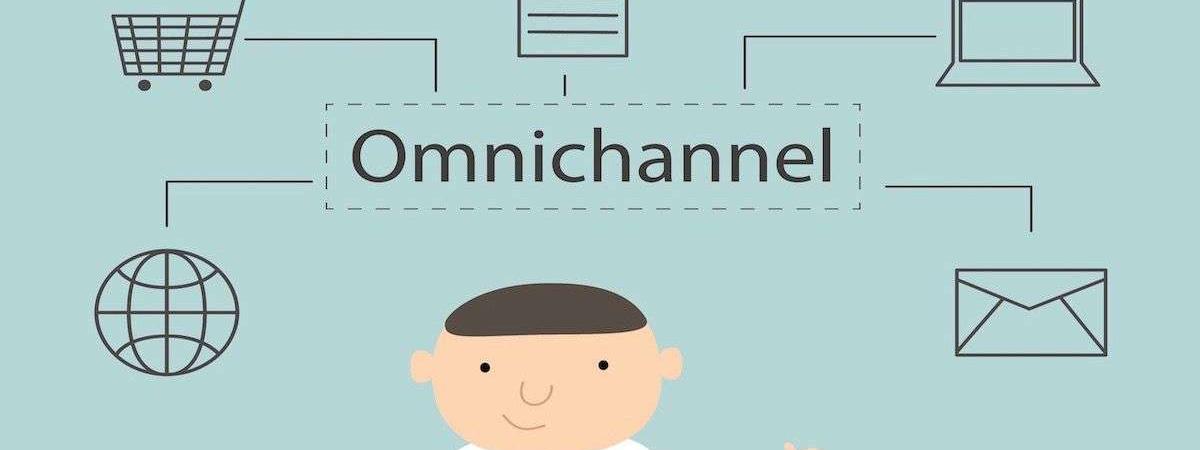What is Omnichannel Marketing? Why is it Critical for Small Business Success?
You first view a pair of jeans through a Facebook ad on your phone and, interested, you look up the company’s website on your laptop later that night to browse through their products. You see a pair you particularly like, but aren’t yet convinced to buy, so you don’t think about it for another week.
...Until — when scrolling through Instagram one morning — you see a post by a celebrity you follow endorsing the jeans. Still, you file the product away in the back of your mind and don’t think about it again.
...Until you receive a direct mail piece from the company promoting a jeans sale and a 20% discount code. Finally persuaded, you pull out your credit card and make the purchase online. You have just (knowingly or unknowingly) experienced the seamless nature of omnichannel marketing.
Omnichannel marketing refers to a streamlined, intuitive consumer experience regardless of channel or device. It’s certainly a marketing buzzword, but it aptly sums up today’s communications landscape.
What is Omnichannel Marketing?
You may have heard of the term multi-channel marketing before: the notion of brands interacting with consumers on multiple platforms. What’s the difference between that and omnichannel marketing?
- multi-channel marketing is about the method of delivery. A brand can be present on multiple channels or platforms and still deliver a conflicting overall experience.
- omnichannel marketing is an ideology: a holistic strategy of creating a streamlined customer experience across every channel. Omnichannel marketers diligently ensure the messaging is consistent and unified, no matter the platform.
Companies with strong omnichannel marketing strategies retain 89% of their customers. This relatively new way of thinking represents a marketing shift: it’s now expected that customers will use multiple channels to connect.
What makes one company stand out next to a competitor is the presence of an intuitive, streamlined, and engaging customer experience across all marketing channels.
Direct Mail in the OmniChannel Marketing Experience
Direct mail is all about garnering high response rates and building lasting brand/consumer relationships. It’s a valuable tool in any marketing strategy, but it’s essential for an omnichannel marketing strategy.
Direct mail is great for creating interest that drives customers back to digital platforms, as people typically respond to direct mail more than any other form of marketing.
With a response rate of anywhere between 2% and 5% (depending on the market), the ROI for direct mail marketing is far higher than email or any other marketing channel. And with a trust level higher than online advertising, print marketing should always be included in your omnichannel marketing strategies.
Smooth integration with online channels is the best way to deliver a valuable customer experience when using direct mail. If you notice customers aren’t taking a particular online action, such as signing up for an email list or purchasing a specific product, consider sending out marketing postcards with an offer or discount to re-engage them.
Similarly, if your online content isn’t garnering this visibility you’d like, include that content offer in your direct mail marketing. High value content such as a whitepaper or exclusive look at a new product line up tend to work best.
No matter how you choose to integrate direct mail and digital marketing, remember that the key to omnichannel marketing is to keep the message consistent throughout. Your mailer should have the same tone and look and feel as your website, social channels, digital ads, and more.
Create a unified front for your brand, making the customer’s experience seamless and fuss-free, and you’ll reap the rewards of engaged customers with lifetime value.
Share to:
